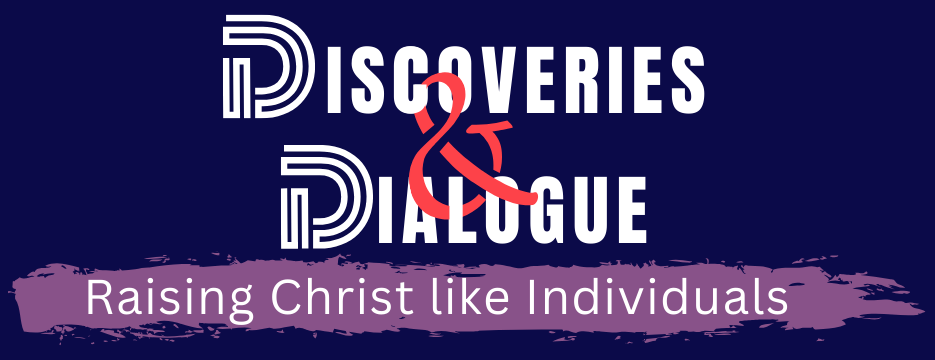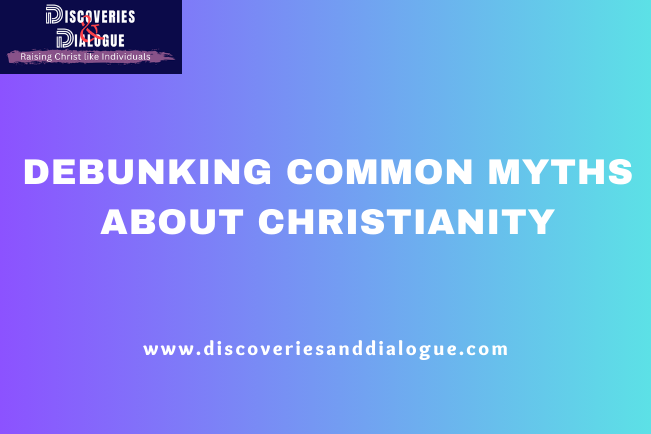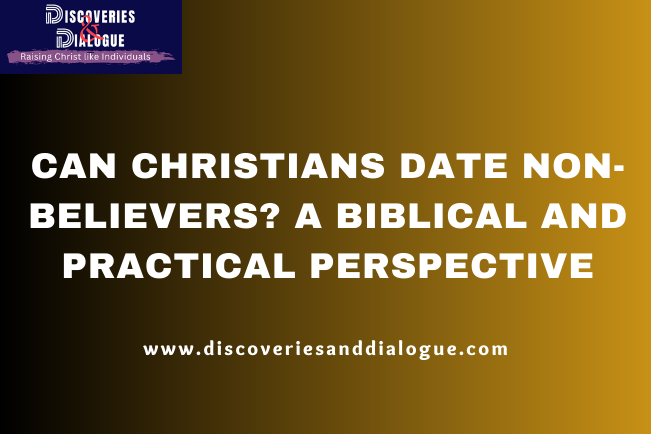
Should Christians Celebrate Christmas or Easter? An In-Depth Biblical Exegesis
Introduction: Rediscovering the Heart of Our Celebrations
Wait a minute—did you know Christmas and Easter might have pagan origins? 🤯 Yes, the holidays we celebrate as Christians didn’t start the way you might think! This realization has sparked debates among believers for centuries. Should Christians participate in these celebrations, given their historical roots? Are we unintentionally perpetuating non-biblical traditions, or are we redeeming these occasions for Christ? Let’s explore the various perspectives on this complex topic.
Different Schools of Thought
1. The Rejectionist View:
Some Christians argue that because of their pagan origins, Christmas and Easter should not be celebrated at all. They cite 2 Corinthians 6:14-17 , which warns against mixing light with darkness, as a biblical mandate to avoid these holidays. This school of thought often emphasizes a return to biblical feasts mentioned in Scripture, such as Passover or the Feast of Tabernacles, as authentic ways to honor God.
2. The Redemptionist View:
Others believe that these holidays can be “redeemed” and used to glorify God. They argue that the focus on Jesus’ birth and resurrection transforms these days into powerful opportunities for evangelism and worship. This perspective aligns with Colossians 3:17, emphasizing that any action done to glorify God is acceptable.

Should Christians Celebrate Christmas or Easter?
- Should Christians participate in these celebrations, given their historical roots?
- Are we unintentionally perpetuating non-biblical traditions, or are we redeeming these occasions for Christ? Let’s explore the various perspectives on this complex topic.
3. The Historical Contextualist View:
Scholars in this camp take a neutral approach, focusing on the historical evolution of these holidays. They argue that while the origins of Christmas and Easter are indeed tied to pagan festivals like Saturnalia and fertility rites, the meaning assigned to these celebrations by Christians has shifted over time. This perspective often highlights the adaptability of early Christianity in using cultural moments to spread the gospel.
4. The Personal Conscience View
Rooted in Romans 14:5-6, this approach allows for individual conviction. It acknowledges that some believers may feel called to abstain from these celebrations, while others may participate joyfully in acts of worship. This perspective encourages grace and unity among believers with differing opinions.
A Brief History of Christmas and Easter
Christmas: The Light of the World
The Bible doesn’t mention celebrating Jesus’ birth on December 25th or any other date, and early Christians didn’t commemorate His birth at all. The date for Christmas was chosen around the 4th century, partly to replace pagan festivals like Saturnalia, which celebrated the winter solstice.
Does this mean Christmas is unbiblical? Not necessarily. Jesus is the true Light of the World, as He declares in John 8:12: “I am the light of the world. Whoever follows me will never walk in darkness, but will have the light of life.” While the origins of the date might not be scriptural, the focus for Christians today is to celebrate the coming of the Savior into the world.

Subscribe To Our Newsletter
Get notified about new releases, don’t miss out on anything. Stay updated
Easter: Celebrating the Resurrection
Easter also has ties to pagan springtime rituals celebrating fertility, which is why symbols like eggs and bunnies are common. However, for Christians, Easter is all about the resurrection of Christ, which is foundational to our faith.
In 1 Corinthians 15:17-20, Paul emphasizes: “If Christ has not been raised, your faith is futile; you are still in your sins. But Christ has indeed been raised from the dead, the first fruits of those who have fallen asleep.” Easter marks the victory over sin and death through Jesus’ resurrection, making it one of the most significant celebrations for believers.
Every Celebration Should Point to Jesus
The heart of the matter is not just about Christmas or Easter. Every celebration, every Sunday service, and even our daily lives should always point to Jesus.
In Romans 14:5-6, Paul provides guidance: “One person considers one day more sacred than another; another considers every day alike. Each of them should be fully convinced in their own mind. Whoever regards one day as special does so to the Lord.”
This means it’s not about the specific day or tradition but about how we honor God in everything we do. Colossians 3:17 reminds us, “Whatever you do, whether in word or deed, do it all in the name of the Lord Jesus, giving thanks to God the Father through him.”
Even Hebrews 10:24-25 highlights the importance of gathering to encourage one another in faith: “Let us consider how we may spur one another on toward love and good deeds, not giving up meeting together, as some are in the habit of doing, but encouraging one another.” This principle applies to all gatherings, including holidays, as opportunities to reflect Christ’s love.
Real-Life Applications: Celebrating with Intentionality

Should Christians Celebrate Christmas or Easter?
- Should Christians participate in these celebrations, given their historical roots?
- Are we unintentionally perpetuating non-biblical traditions, or are we redeeming these occasions for Christ? Let’s explore the various perspectives on this complex topic.
Christmas: Centered on Christ’s Birth
Instead of focusing solely on gifts and decorations, start your Christmas morning by reading Luke 2 with your family. Reflect on the miraculous birth of Jesus and its significance for the world. Use the day to share the story of God’s gift to humanity through Christ.
Easter: Anchored in the Resurrection
While there’s nothing wrong with enjoying Easter egg hunts or family meals, make the resurrection the central focus. Attend a church service, discuss the significance of Jesus’ sacrifice, and share the hope of eternal life with others.
Sunday Worship: A Weekly Celebration
Sunday services should be more than routine. They’re opportunities to deepen your relationship with God and celebrate His goodness. Use Sundays to remind yourself and your community of the resurrection and the promise of new life in Christ.
When Jesus is at the center, every celebration becomes an act of worship and gratitude.
Conclusion: Finding Meaning Beyond Origins
So, what’s the takeaway? The origins of Christmas and Easter may be rooted in history that isn’t biblical, but that doesn’t mean we can’t celebrate them in a way that honours Jesus.
If these holidays draw you closer to Him, help you share the gospel, and strengthen your faith, celebrate them with joy! But let’s not limit our focus on Jesus to just these holidays—every day, every Sunday service, and every gathering should reflect His love and grace.
Let’s keep the conversation going—what do Christmas, Easter, or even Sunday worship mean to you? Share your thoughts in the comments below.
Remember to honour Jesus in all that you do, and may every celebration be an act of worship to the King of Kings.

Subscribe To Our Newsletter
Get notified about new releases, don’t miss out on anything. Stay updated






